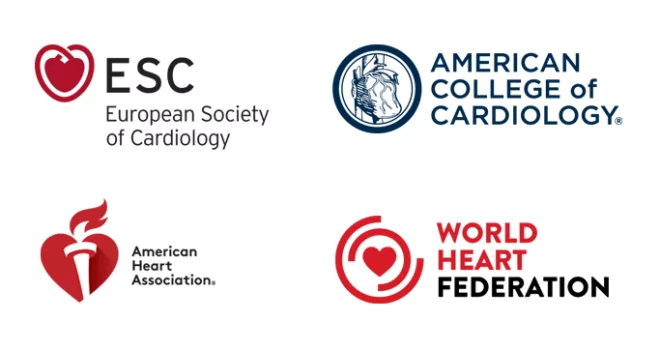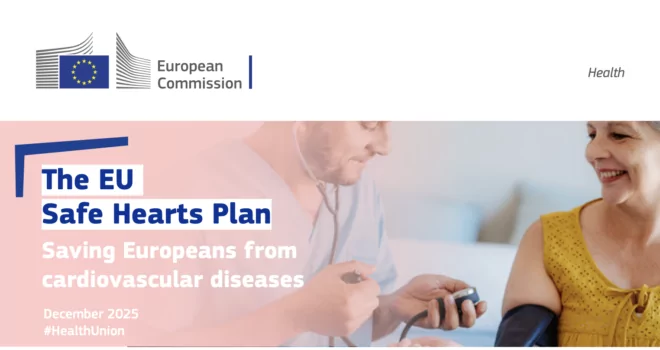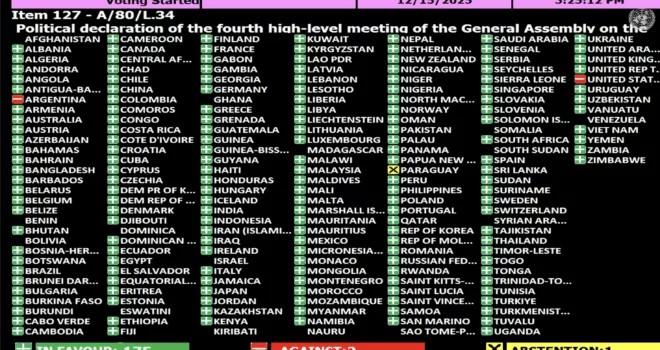This statement was delivered by Ms. Fernanda de Carvalho, our Advocacy Committee member for PAHO, at the Seventy-Seventh Session of the WHO Regional Committee for the Americas.
PLAN OF ACTION ON NONCOMMUNICABLE DISEASE PREVENTION AND CONTROL 2025-2030
AGENDA ITEM 4.5
Honourable Chair,
Distinguished Delegates,
The World Heart Federation welcomes the regional Plan of Action on Noncommunicable Disease Prevention and Control 2025 – 2030.
We commend WHO and Member States for the strides made in addressing the burden of NCDs. The region of the Americas has shown exceptional leadership in tobacco control, hypertension management through HEARTS, and strengthening primary health care.
Nonetheless, we note with concern that our region remains off course to achieve SDG target 3.4. We urge Member States to accelerate action, adopt operational NCD plans, and prioritize prevention and control of cardiovascular disease and its risk factors.
WHF supports the Fourth UN Political Declaration on NCDs as an important milestone. Yet, to truly change the trajectory of cardiovascular disease, Member States must go further and implement evidence-based, cost-effective, measures at scale, including:
- Treating 500 million more people globally with hypertension, achieving at least 50% hypertension control by 2030, through the HEARTS in the Americas and Better Care for NCDs initiatives;
- Raising taxes on alcohol and sugar-sweetened beverages by at least 50% and on tobacco products by at least 75% to reduce consumption and generate health revenues;
- Implement the 2021 WHO Air Quality Guidelines. We commend Brazil for its leadership in hosting COP30;
- Addressing systemic health inequities and establishing sustainable financing structures for cardiovascular disease management; and
- Committing to a 50% reduction in NCD-related deaths and disabilities across all age groups by 2050.
The UN HLM on NCDs has created critical momentum. We urge countries to seize the opportunity and establish national multisectoral NCD commissions to 1) strengthen prevention and management, 2) ensure coordinated action across health, finance, agriculture, trade, education, and environment, and 3) address the social, environmental, and commercial determinants of health, safeguarding policymaking from industry interference.
Thank you.


